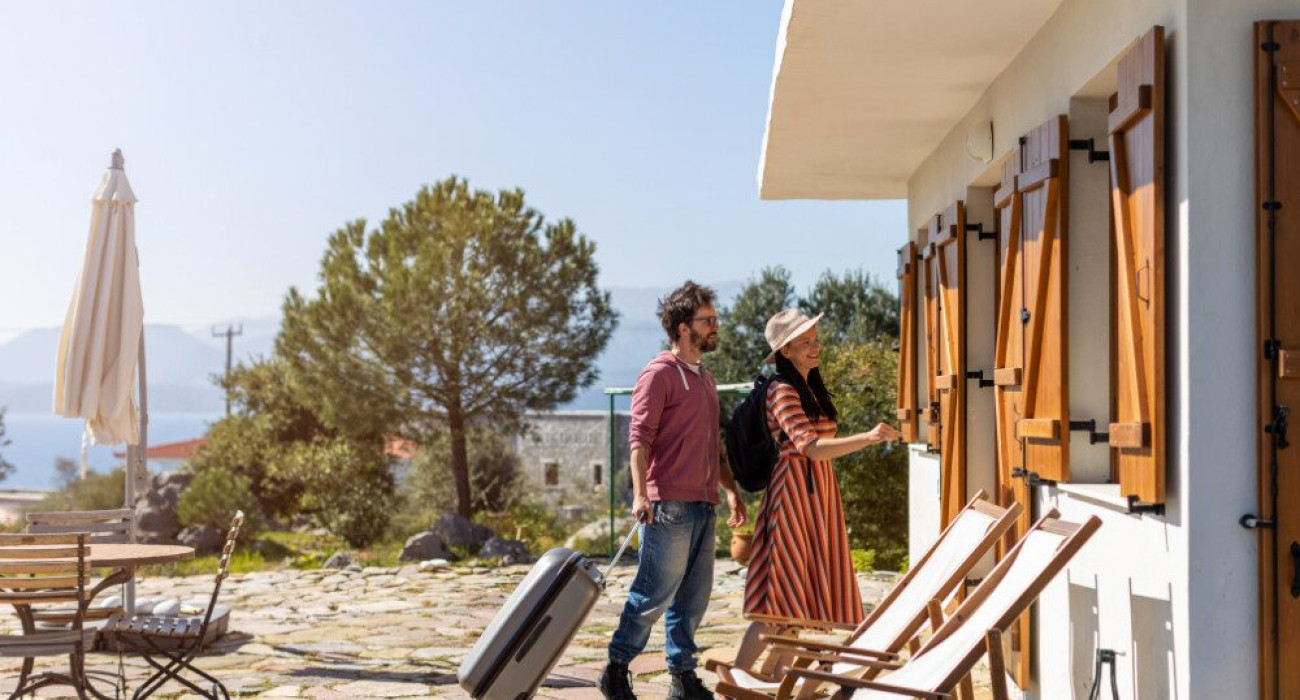The travel industry is no longer just about ticking destinations off a bucket list. Travelers are redefining what it means to explore the world, moving away from chasing landmarks toward seeking deeper, more personal connections. This transformation—known as the travel evolution—shows how people are now prioritizing meaning, authenticity, and emotions over sheer numbers of destinations.
Below are 7 ways the travel evolution is reshaping journeys from collecting places to collecting feelings, and why this shift is changing the future of tourism.
1. From Bucket Lists to Emotional Impact
For years, travel success was measured by how many countries you could count on your passport. The travel evolution has changed that equation. Today’s adventurers ask: What did I feel there? rather than Where did I go?

Moments such as sharing laughter with strangers in a market or pausing in silence on a remote beach now define great trips. A Booking.com study revealed that more than half of travelers prioritize experiences with emotional depth over checking off iconic attractions.
This first shift sets the stage for everything else the travel evolution represents.
2. Immersive Experiences Replace Surface-Level Sightseeing
Gone are the days of rushing through guided tours with cameras in hand. With the travel evolution, travelers prefer immersive experiences that help them live like locals.

Cooking classes, pottery workshops, and village homestays have surged in popularity. In places like Florence or Oaxaca, food is no longer just consumed—it’s celebrated as a cultural experience. According to Travel + Leisure, hands-on activities are among the fastest-growing travel segments.
The travel evolution values connection over collection.
3. Sustainability Becomes Emotional
The travel evolution also highlights a growing awareness of sustainability. Travelers today are not only looking for meaningful personal experiences but also ones that leave a positive footprint.

From eco-lodges in Costa Rica to voluntourism in Nepal, travelers want to feel good about how their journeys impact the planet. Choosing greener options, supporting local artisans, and reducing waste are no longer trends—they’re integral to emotional satisfaction in travel.
Collecting feelings now often includes the pride of traveling responsibly.
4. Slow Travel Over Fast Travel
The travel evolution has redefined pace. Instead of racing through five cities in a week, slow travel encourages people to linger, connect, and absorb.

Spending two weeks in a Tuscan village or renting a cabin in the Rockies for a month creates opportunities for deeper connections—both with people and with self. Slow travel embraces the idea that less movement can create more meaning.
By traveling slowly, you collect feelings that last a lifetime.
5. Technology Enhances, Not Replaces, Connection
It might sound surprising, but technology is also part of the travel evolution. Instead of being a barrier, it’s becoming a bridge. Apps now help travelers connect with local guides, discover hidden restaurants, or even join cultural exchange groups.

Virtual reality previews or AI-powered translation apps remove barriers and open doors for authentic communication. For example, Airbnb Experiences uses tech to bring people closer to locals in meaningful ways.
Technology doesn’t replace connection—it amplifies it, helping the travel evolution thrive.
6. Personal Well-Being Takes Center Stage
Another hallmark of the travel evolution is the rise of wellness tourism. People now seek travel that nourishes body, mind, and soul. Yoga retreats in Bali, forest bathing in Japan, or spa journeys in Iceland aren’t just luxuries—they’re essentials for modern travelers.

Instead of collecting stress from over-packed itineraries, travelers collect feelings of calm, renewal, and balance. According to Global Wellness Institute, wellness tourism is growing at double the rate of general tourism.
The travel evolution has made well-being part of the journey, not just the destination.
7. Stories Matter More Than Souvenirs
Perhaps the clearest sign of the travel evolution is how stories now outweigh souvenirs. While a fridge magnet fades, a memory of helping a fisherman in Greece mend his nets or dancing at a village wedding in India lasts forever.

Social media also plays a role—travelers no longer just post photos of famous landmarks but share personal stories and emotional highlights. The most cherished travel moments are those that transform us, not the ones that can be bought in a gift shop.
Collecting feelings creates stories that can be told for a lifetime.
Final Thoughts
The shift from collecting places to collecting feelings is no small change—it’s a global movement. The travel evolution highlights a deeper truth: people travel not just to see the world but to feel it.
By focusing on emotional connections, sustainability, well-being, and authentic experiences, the travel evolution ensures that our journeys enrich both us and the world around us. Whether you’re planning a weekend getaway or a month-long retreat, remember that the most valuable souvenirs are not things—but the feelings you carry home.
